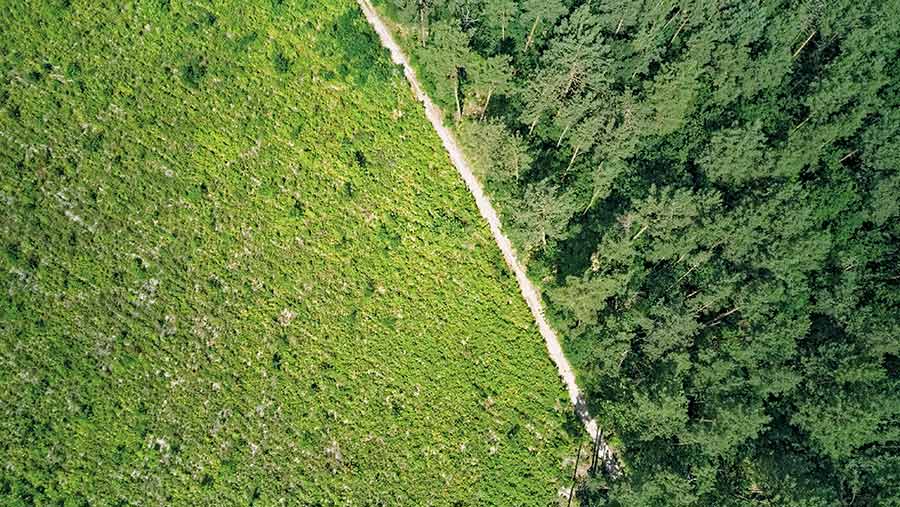Opinion: The dangers abroad for lower UK food production
 © Iuliia Sokolovska/Adobe Stock
© Iuliia Sokolovska/Adobe Stock As 2021 unfolds, my wife and I are teaching our 15-month-old son the principle of cause and effect: if you squeeze the doggy, the doggy will growl. If you throw your dinner on the floor, the doggy will eat your dinner. (In our home, many of the effects concern doggies.)
Similarly, as the fifth year since the Brexit referendum unfolds, farmers are finally learning more about our future agricultural policy. ELM, SFI, FIF; the three-letter acronyms are now flowing thick and fast – as is only proper from a government department.
See also: Farmer confidence rocked by phased removal of BPS
About the author
 Joe Stanley
Joe Stanley
Columnist, Farmers Weekly
Joe Stanley is a mixed farmer and agricultural writer from Leicestershire. He is vice-chairman of the Leicestershire, Rutland and Northampton NFU and a winner of the Meurig Raymond award for agricultural advocacy.
Read more articles by Joe Stanley
But as the broad outlines of post-CAP policy coyly begin to reveal themselves, I continue to question whether our politicians also need basic lessons in cause and effect.
A recent report demonstrated how the average consumer in the Group of Seven (G7) rich countries is responsible for the felling of four trees every year – many in wildlife-rich tropical forests – as a result of their consumption of coffee, chocolate, beef, palm oil and other commodities.
The report demonstrated that, despite increasing tree cover inside their own borders in response to concerns over climate change and habitat loss, the ecological footprint of the G7 nations abroad is growing.
As a commentator from Greenpeace UK put it: “Cutting down a tropical rainforest cannot be compensated by planting a pine tree.”
This report was released in the same week that figures emerged indicating a sharp increase in tropical deforestation in 2020, with 12.2m hectares being lost – the third-worst year since records began.
I can’t help but see parallels with the plastics scandal of 2018. Then it was revealed that millions of tonnes of UK packaging (faithfully washed and sorted into the appropriate bins by climate-conscious householders) which were being exported for “recycling” abroad were in fact ending up in landfill, incinerators or waterways from Turkey to Malaysia. Out of sight, out of mind…
One inevitable consequence of our future agricultural policy is that domestic food production will reduce.
As they always have, cash-strapped farmers will be forced to follow the money, and in future this will see increasing areas of arable land laid down with pollen and nectar mix, and grassland planted with some of the 30,000ha of trees (hopefully not all pine) the government has pledged every year.
It’s not that I’m so lacking in imagination that I can’t picture growing anything except wheat and beef. The ecology-focused Mid-Tier Countryside Stewardship scheme I successfully applied for in 2020 was exciting and good for the soul.
It’s just that I can’t ignore the inherent moral hazard in intentionally scaling back our own sustainable food production at home, just to fuel the fires of ecological carnage abroad.
To paraphrase a famous philosophical premise: “If a tropical rainforest is cut down halfway around the world and I don’t see it, was it really cut down?” Unfortunately, the answer is: “Yes, it was.”
In failing thus far to provide a sustainable mechanism to financially support future food production post-Basic Payments Scheme (as opposed to payments for environmental services), government will achieve little more than offshoring our ecological footprint to some of the world’s most valuable and least protected habitats.
Out of sight, out of mind. Even my toddler could understand that.
